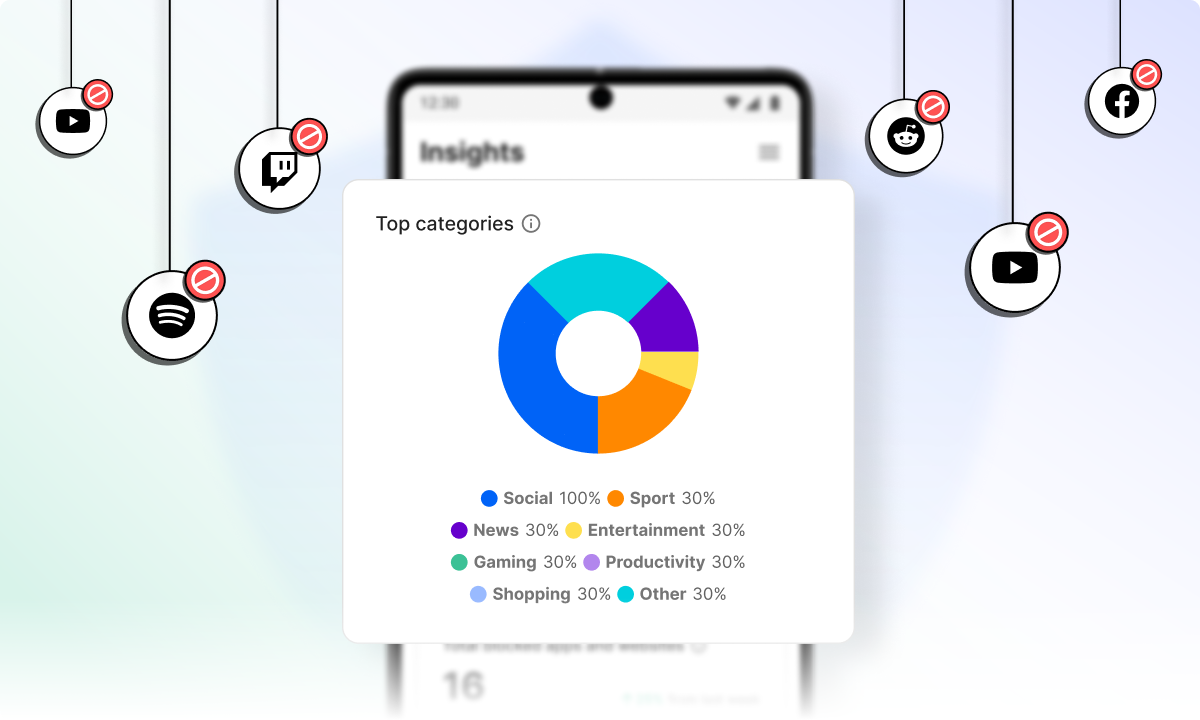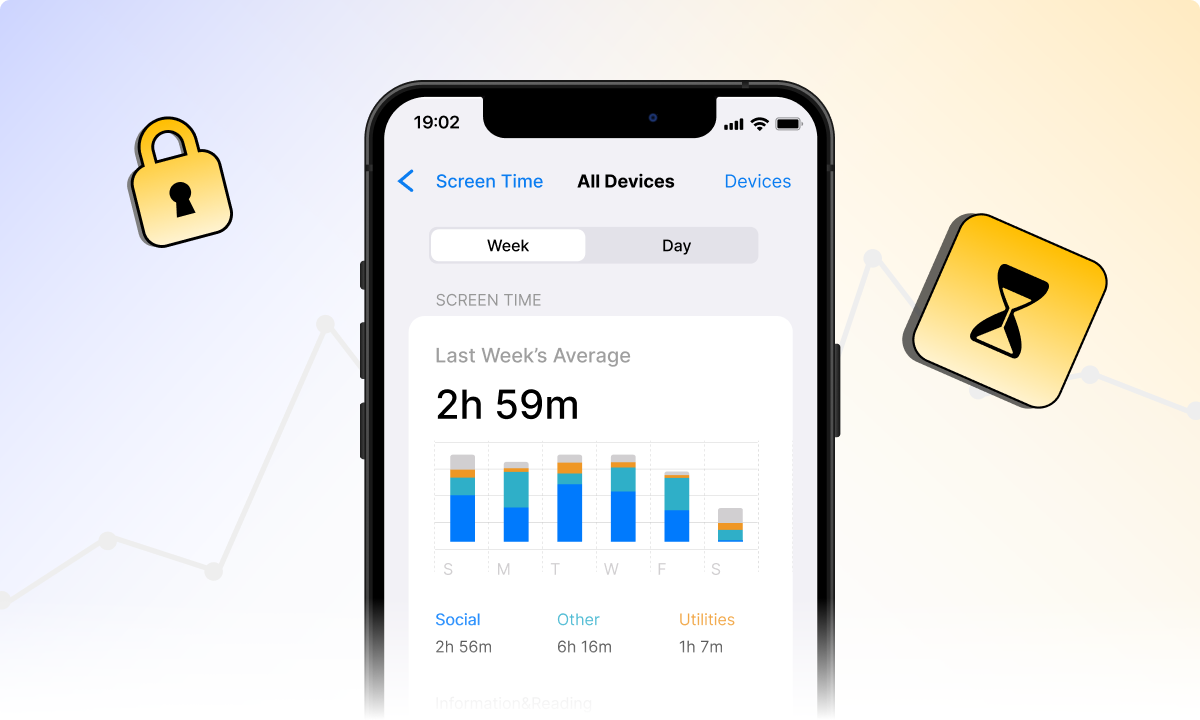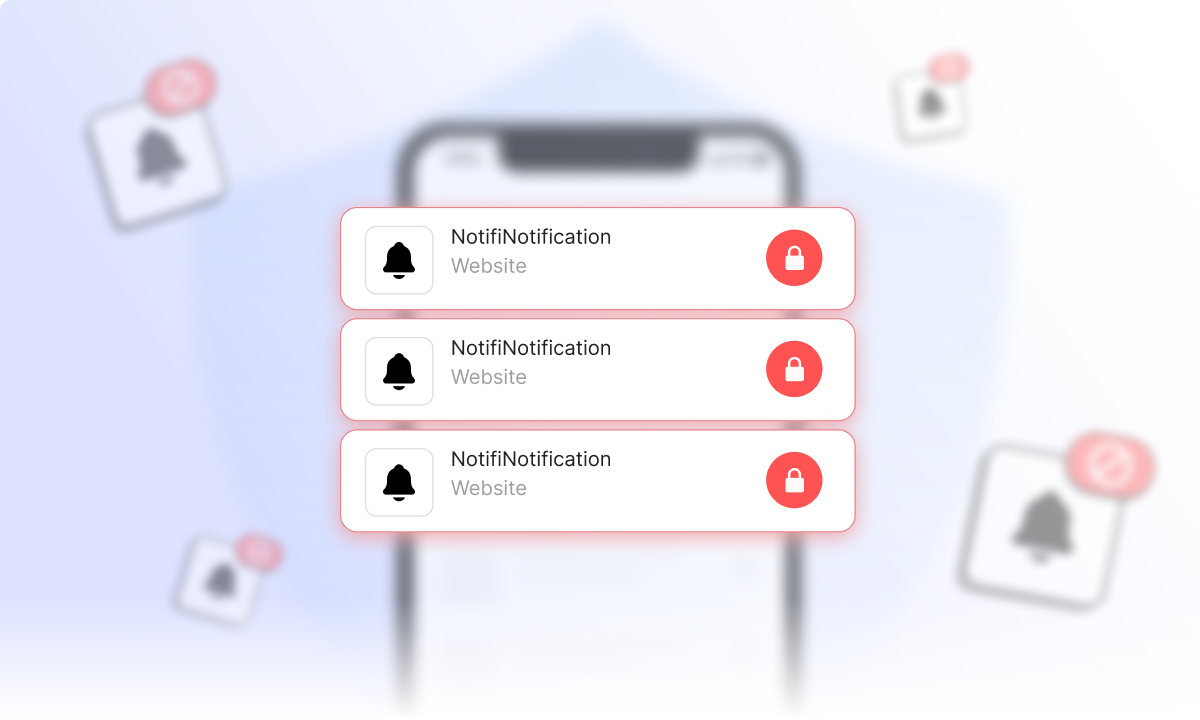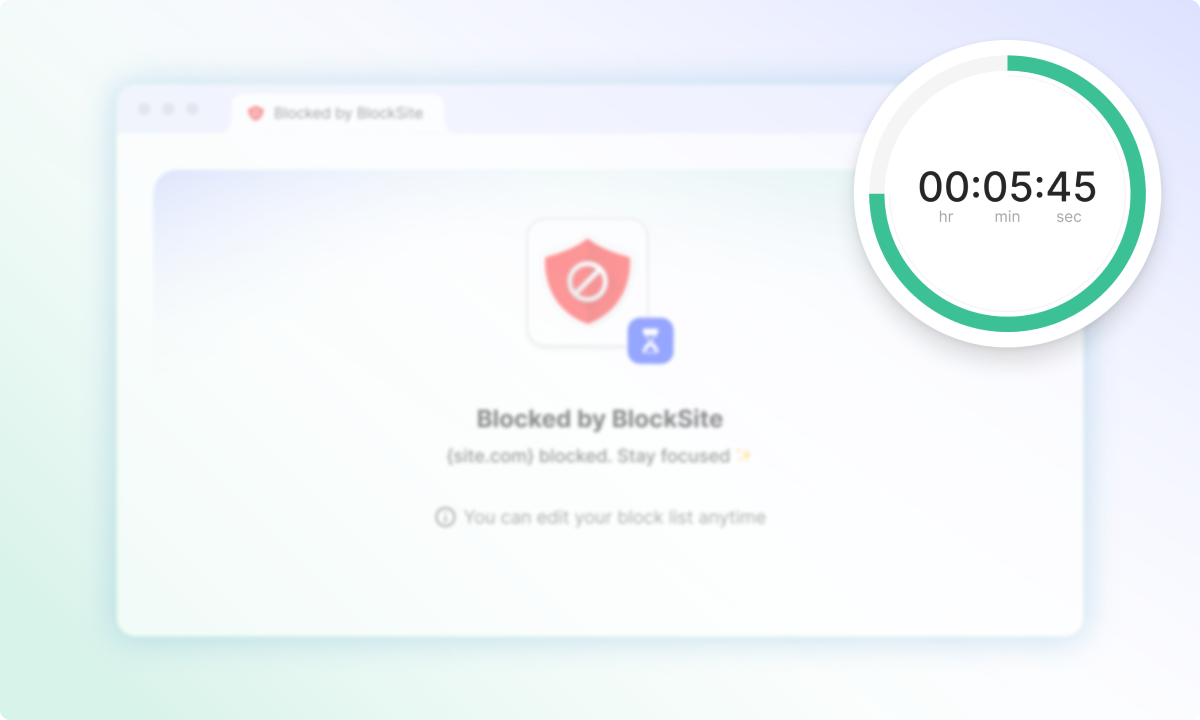Staying focused becomes harder and harder as our lives become busier. Our minds are always interrupted by the following:
- Notifications
- Social media
- Endless tasks
These things make it tough for us to concentrate. Studies show that these distractions can greatly reduce how much we get done. Based on a study by Gloria Mark from the University of California, Irvine, it takes an average of 23 minutes and 15 seconds to refocus after being interrupted.
So, how can we get our focus back and improve our productivity? Check out these helpful tips to keep your mind on track.
How Does the Brain Get Distracted?
To manage and reduce distractions, it’s useful to know why our brains get sidetracked. Here are the main reasons:
Alertness for Survival
It’s in our DNA. Long ago, our ancestors needed to stay alert to survive. They had to notice any new sign that might mean danger. Our brains still have this trait and this makes us naturally aware of new and sudden changes around us. This is why you might find a notification or sudden noise easily distracting.
Too Much Information
We’re now surrounded with endless information that our brains try to handle all at once. This can easily overload our minds and reduce our ability to pay attention. Constant notifications, social media updates, news alerts – these can quickly flood us with information and it becomes harder to focus on one task for a long time.
The Myth of Multitasking
Some people believe that multitasking helps in getting more things done, but the truth is, it actually divides our attention and lowers the quality of our work. When we try to do several tasks at once, our brain quickly switches between them causing mental fatigue and mistakes. Studies show that multitasking can cut productivity by up to 40%.
Lack of Interest
Tasks that don’t catch our interest can be hard to focus on. Our brains look for stimulation and new things, so when a task feels boring or repetitive, it’s easy for us to get distracted. We might find ourselves checking our phones or browsing the internet instead of working on something that we find dull or boring.
The Desire for Quick Rewards
The human brain is designed to seek out activities that give quick pleasure. Things like checking social media or playing games give us a quick sense of happiness and release dopamine, a chemical that makes us feel good. This system makes it tempting to choose these activities over more demanding tasks that have delayed rewards.
Tiredness and Stress
When we’re tired or stressed, our ability to focus becomes weakened. It’s harder to concentrate, and our minds are more likely to wander. Our body needs to get enough rest and recuperate.
11 Tips to Focus Your Distracted Brain
Staying focused when distractions are everywhere can be really tough. To help you concentrate better and stay on track, we highly recommend that you explore these 11 tips:
1. Use BlockSite’s Focus Mode
BlockSite’s Focus Mode helps you stay on task by blocking distracting websites and apps. Set specific times for focused work, and this tool will keep you from visiting sites that can pull you away from your tasks. This is a good tactic for how to control your brain from getting distracted by social media.
2. Set Clear Goals
Having specific and achievable goals directs your efforts and keeps you focused. It’s better to break large tasks into smaller steps and set deadlines for each. When you’re able to set clear goals, you’ll have a path to follow. This will make it much easier for you to stay on track and see your actual progress.
3. Prioritize Tasks
Organize your tasks by their importance and urgency. Start with the most important and challenging ones when you have the most energy. This way, you make sure that the critical work gets done even if the distractions happen later. You can just make up for the less important ones later.
4. Create a Distraction-Free Workspace
Set up a workspace that reduces any potential distractions. These are some things you could do:
- Turn off those notifications
- Use noise-canceling headphones
- Keep your area tidy
When you have a clean and quiet environment, you’ll feel more relaxed.
5. Practice Mindfulness
Mindfulness techniques like meditation or deep breathing can greatly contribute to improving your focus. And you don’t have to start big. You can spend a few minutes each day practicing mindfulness to train your brain to stay present.
6. Take Regular Breaks
Short breaks throughout the day can help maintain high levels of concentration. You can try the Pomodoro Technique, which involves working for 25 minutes and then taking a 5-minute break. These breaks are designed to prevent burnout and keep your mind fresh.
7. Live Healthily
Exercise, a balanced diet, and enough sleep are important for brain function. Doing regular exercise increases the blood flow to the brain, while a good diet gives you the energy to concentrate. And with adequate rest, your brain becomes sharper.
8. Limit Your Screen Time
Set specific times to avoid using screens for non-work activities. Reducing screen time helps prevent overstimulation and also lessens your exposure to blue light which is the culprit for messing up your natural sleep cycle.
9. Create Tech-Free Zones
You should designate areas where electronic devices are not allowed. This could be a room or a specific part of your home where you can work or relax without any interruptions.
10. Use Time Management Techniques
Methods like time-blocking and the Eisenhower Matrix can also contribute to organizing tasks effectively. Time-blocking involves setting specific times for different tasks, while the Eisenhower Matrix prioritizes tasks based on urgency and importance.
11. Focus on One Task at a Time
Single-tasking, or focusing on one task at a time, improves the quality of your work and reduces errors. Dedicating your full attention to one task allows you to complete it more efficiently and move on to the next task with a clear mind.
Don’t Let Interruptions Control You
Reality check: interruptions are all around, but they don’t have to take over your day. Using these techniques, you can regain your focus and work more efficiently. You don’t have to make a drastic change. Begin with small steps, like using BlockSite to stop distracting sites and apps. By applying these suggestions, you’ll see big positive changes in your ability to stay on track and complete your work faster. Give these methods a try today and notice the improvements!
FAQs
How long does it take to refocus after being interrupted?
On average, it takes about 23 minutes and 15 seconds for a person to refocus after an interruption. This time can differ based on what distracted you and what you were doing. Getting back into the task requires shifting your mind back to it. This can be more challenging if the distraction was interesting or requires a lot of attention. Techniques like deep breathing and taking short breaks can help reduce your recovery time.
What is the Pomodoro Technique?
The Pomodoro Technique is a way to manage your time by working in short bursts, usually 25 minutes, followed by a 5-minute break. After four work sessions, you take a longer break of 15-30 minutes. This method allows you to stay focused and avoid burnout. By working hard for short periods and then resting briefly, you can improve your productivity and focus over time.
Can mindfulness improve concentration?
Yes, mindfulness can greatly enhance concentration. Mindfulness means being fully present in the moment and can be practiced through meditation or simple exercises like deep breathing. Practicing mindfulness trains your brain to stay focused on the present and reduces the chances of getting distracted. And with regular practice, it can strengthen your ability to concentrate and make it easier to get back to your task after being interrupted.
How does physical activity affect concentration?
Physical activity can have a lot of positive effects on your focus and concentration. Regular exercise increases blood flow to the brain and this boosts cognitive function and mental clarity. Exercise also releases endorphins to improve your mood so it will be easier for you to concentrate.
What are tech-free zones?
Tech-free zones are places where you avoid using electronic devices. These areas can be at home, in the office, or anywhere you need to focus without distractions. This trains your brain to associate these certain areas with concentration and productivity. For example, you might have a tech-free zone at your dining table or in a specific room where you work or study. This practice helps reduce the urge to check your phone or other devices so that you’ll be able to focus better on more important tasks.






